Search Fellows
Click on a Fellow below to view more information or create your own search.
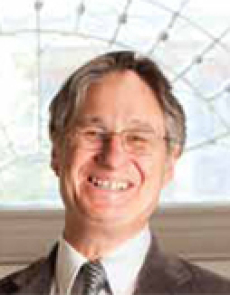
Robert A. Aronowitz
University of Pennsylvania
Visiting Scholar
2011 to 2012
Aronowitz will write a social history of the ways doctors, patients, and others have decided the effectiveness of medical interventions, such as drugs or surgery. He will analyze a series of therapeutic and preventive case studies from the nineteenth century to the present, including cervical and prostate cancer screening and Lyme disease vaccines, in an effort to connect efficacy judgments made at different levels—in the production of medical knowledge, in clinical practice, and among individual consumers.
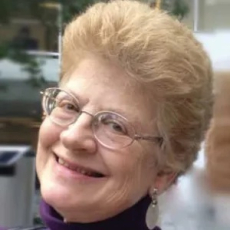
Elizabeth Blackmar
Columbia University
Visiting Scholar
1995 to 1996
Elizabeth Blackmar, associate professor of history at Columbia University, focused on the changing perceptions of and contests over the social character of property in Gilded Age America, especially the legal history of eminent domain, taxation, and nuisance law. She researched the law of property rights with respect to families, slavery, business partnerships and corporations, and benevolent or religious organizations.
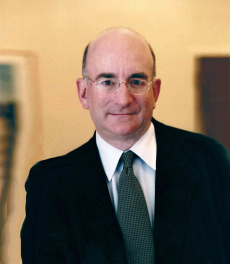
Alan Brinkley
Columbia University
Visiting Scholar
1996 to 1997
Alan Brinkley, professor of history at Columbia University, conducted research for a major biography of Henry Luce of Time Inc., whose magazines, especially Time and Life, helped shape a dramatic transformation in the character of the American middle-class life and culture. He also completed a collection of his essays on the history of liberalism in the middle and late twentieth century, which is to be published by Harvard University Press.
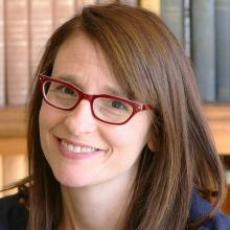
Marisa Chappell
Oregon State University
Visiting Scholar
2019 to 2020
Chappell will work on a book that explores how the Association of Community Organizations for Reform Now (ACORN), once the nation’s largest social justice organization, organized low- and moderate-income Americans to win political power locally and nationally. Using archival materials, Congressional records, press coverage, and interviews with former ACORN staff and members, Chappell will examine how ACORN’s membership and campaigns—as well as sustained political efforts to discredit the organization—illuminate the trajectory of working-class politics over the last half-century.
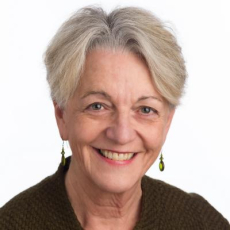
Dorothy Sue Cobble
Rutgers University
Visiting Scholar
2010 to 2011
Cobble will write a book tracing U.S. labor movements from anti-slavery and natural rights discourse in the nineteenth century through the New Deal in the twentieth century to the present day. By drawing on these and other social democratic traditions, she will attempt to enrich our understanding of the liberal tradition in the United States and chart the history of global capitalism.
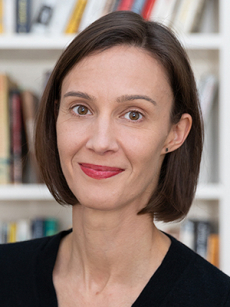
Ansley Erickson
Teachers College, Columbia University
Visiting Scholar
2024 to 2025
Erickson will write a narrative history of public education in New York City by focusing on one school –Wadleigh, in Harlem–over its 125-year lifespan. Erickson will explore the promises and limitations of democratic decision-making about schooling, particularly in the context of U.S. racism, by tracing major shifts in school governance, waves of school reform, and enduring community advocacy, as she addresses a crucial question: who decides?
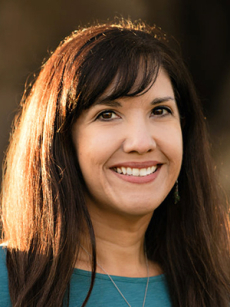
Lori Flores
State University of New York, Stony Brook
Visiting Scholar
2020 to 2021
Flores will work on a book about how Americans gained an appetite, in tandem, for Latin American food and Latin American/Latinx food labor since the mid 20th century. Although Latin American food is much beloved, Latinx food workers—from farmworkers to restaurant workers to street vendors—experience discrimination, xenophobia, criminalization, invisibility, and exploitation. Flores will trace the history and treatment of Latinx workers (both citizen and migrant) in the Northeast region’s food industry, and their sociocultural impact on the region from 1940 to the present.
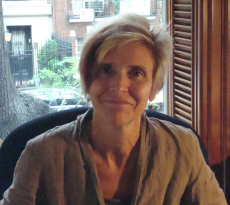
Donna R. Gabaccia
University of Minnesota
Visiting Scholar
2008 to 2009
Donna R. Gabaccia, Professor of History at the University of Minnesota, will write a book about how and why the U.S. came to consider itself “a nation of immigrants.” Interestingly, other countries marked by similar demographic histories of immigration – such as Argentina, Germany, France, and South Africa – do not label themselves in this way. Gabaccia will trace this key metaphor of U.S. nation-building in comparative historical perspective.
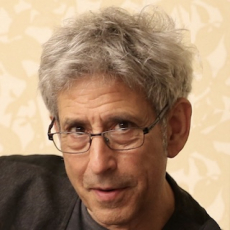
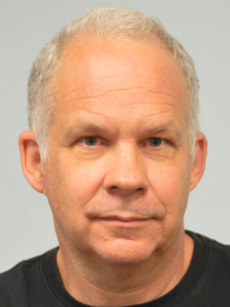
Colin Gordon
University of Iowa
Visiting Scholar
2022 to 2023
Gordon will work on a book examining racial restrictions on property in the city and county of St. Louis. He will use a mixed methods approach that combines archival work with property records, statistical analysis of race-restrictions in these records, and digital mapping of these restrictions to explore their origins, spread, and impact on racial and spatial inequality.
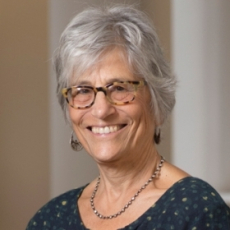
Linda Gordon
University of Wisconsin-Madison
Visiting Scholar
1997 to 1998
Linda Gordon, professor of History and Vilas Research Professor at the University of Wisconsin-Madison, worked on a book manuscript entitled An Orphan Story: Family, Race and Vigilantism in Arizona, 1904. Drawing on a turn of the century conflict over cross-racial adoption near the Mexican-U.S. border, Gordon explored the construction of Mexican/Anglo racial prejudices and the eruption of vigilantism founded on attitudes of white moral superiority and good citizenship.
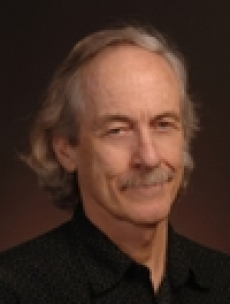
Brian Gratton
Arizona State University
Visiting Scholar
2003 to 2004
Brian Gratton, professor of history at Arizona State University, will write a book describing the experience of a wide range of immigrant groups to the United States from 1850 to 2000. Using census data to trace the progress of ethnic groups over three generations, Gratton will search for possible ethnic differences in family structure, intermarriage, geographic settlement, and socioeconomic success. His preliminary analysis challenges the commonly held view that the most recent wave of Asian and Latino immigrants are not faring as well as earlier European immigrants.
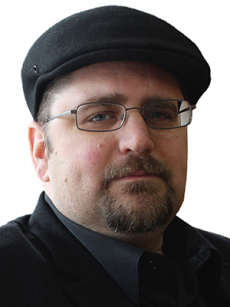
Joseph Heathcott
The New School
Visiting Scholar
2024 to 2025
Heathcott will examine life in three urban communities in St. Louis, Detroit, and Philadelphia, all of which have suffered from neglect, disinvestment, concentrated poverty, and legacies of racial segregation. He will examine how residents mitigate poor conditions, repair damage, create new opportunities, knit together community, and assert their rights and interests in building a more just future.
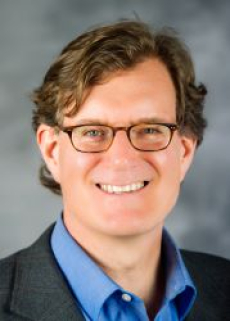
Thomas F. Jackson
University of Pennsylvania
Visiting Scholar
1998 to 1999
Thomas F. Jackson, Mellon Fellow in the Humanities at the University of Pennsylvania, will conduct research for a narrative history of the United States welfare reform debate from 1950 to the present. The American welfare system derives its unique shape from a convergence of cultural, political, and moral forces, and in particular the notions of worthiness and dependency which have been continually recast in the political arena.
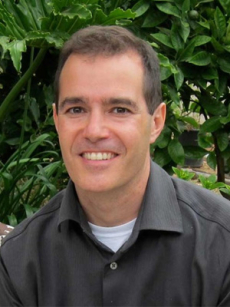
Karl Jacoby
Columbia University
Visiting Scholar
2014 to 2015
Jacoby will finish a book examining race relations along the U.S.–Mexico border. Drawing on interviews and archival research, he will analyze the distinct systems of racial classification found in the two countries despite their geographical proximity, and examine how the border shapes race relations in both countries.
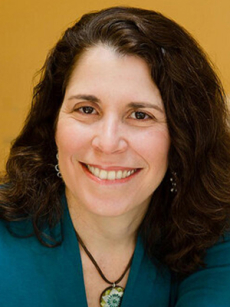
Jennifer Klein
Yale University
Visiting Scholar
2022 to 2023
Klein will explore the interconnections between the history of incarceration and the environment in Southeastern Louisiana. She will focus on the institutions that took root on Louisiana’s former sugar plantations: prisons and confinement hospitals, chemical plants, and waste removal facilities. Revealing the profitable processes of waste, the project will highlight the relationships between mass incarceration, coerced labor, and environmental racism.
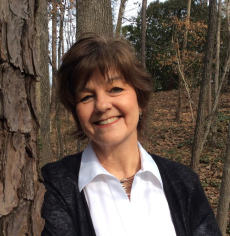
Nancy MacLean
Northwestern University
Visiting Scholar
1999 to 2000
Nancy MacLean, associate professor of history and fellow of the Institute for Policy Research at Northwestern University, will be writing a history of affirmative action in employment. She will integrate a social history of workplace struggles over discrimination with an intellectual history of the various ways affirmative action has been conceived and debated. As well as changing American workplaces, disputes over affirmative action have refashioned American political culture and recast the way Americans think about race and gender.
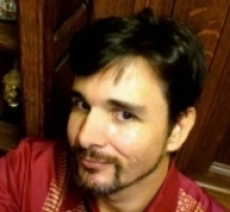
Adam McKeown
Columbia University
Visiting Scholar
2004 to 2005
Adam McKeown, Assistant Professor of History at Columbia University, will complete a book analyzing the historical roots of the modern system of immigrant documentation, such as identity cards, visas, and passports. McKeown argues that these controls evolved and were developed in the process of regulating migration from Asia in the late nineteenth and early twentieth centuries.
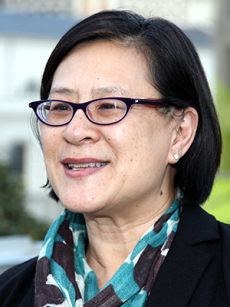
Mae Ngai
Columbia University
Visiting Scholar
2020 to 2021
Ngai will write an intellectual and political history of the American liberal narrative of immigrant integration. She will examine how immigration history was written after World War II and how that narrative helped both to secure immigration reform in the 1960s and established an enduring framework for how Americans think about immigration and assimilation.
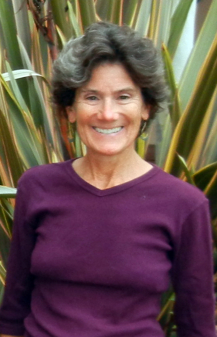
Alice O'Connor
University of California, Santa Barbara
Visiting Scholar
1995 to 1996
Alice B. O'Connor, assistant professor of history at the University of California, Santa Barbara, completed a book on the development of poverty research as a social science in the United States. Her book examines the field's historical origins and its contemporary issues, methods, and practitioners, and most importantly will assess the role of poverty research in shaping public policy and welfare reform. O'Connor also explored the political and bureaucratic pressures that have intensified the need for poverty expertise.
